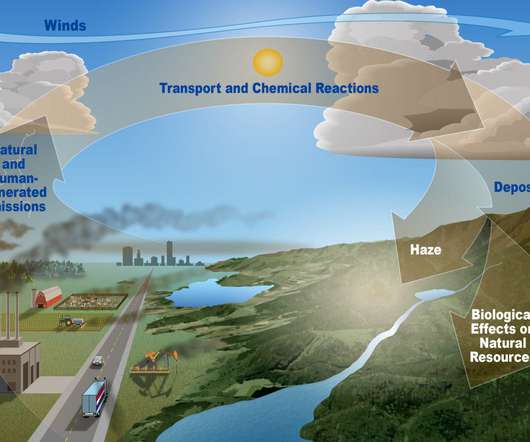WUSTL study finds use of air conditioning reduces in-car pollution
Green Car Congress
AUGUST 11, 2017
Traffic is a major source of harmful pollutants; daily peak exposures tend to occur near roadways or while traveling—or being stuck—on them. That gave them rare, real-world look at pollutant exposure. With windows closed, the pollutants took longer to enter the vehicle cabin, but also longer to exit it. the least.











Let's personalize your content